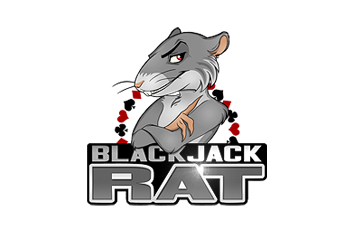We’re not necessarily fans of the blackjack dealer. Sure, when you’re winning he might be your friend. But when you’re losing, the dealer often accepts the brunt of your negative emotion and frustration. However, if you were to look at the situation as a lesser of two evils, you might be singing a different tune. What’s more evil than a dealer, you ask? The CSM, or continuous shuffling machine.
Not to be confused with the straight automatic shufflers, CSMs are the best friend of casinos while serving at the same time as one of the worst enemies of the card counting community.
Let’s quickly review the difference. An automatic shuffler is something casinos use between hands to save time. Instead of a person manually shuffling a deck (or multiple decks) when the shoe is spent, this machine does it for them. It doesn’t affect the actual gameplay odds, and thus won’t affect the house edge or a card-counter’s advantage, and thus no player’s strategy should really change.
A CSM, however, is a different story. Invented primarily to thwart card counting, the CSM brings the automatic shuffling and restacking of the deck into the dealing shoe environment. There are no discards here. The cards from the last hand you played go right back into the shuffling machine. Some casinos do this more frequently than others – in some casinos you might see a small discard pile build over a few hands before being fed back in with the other cards.
If you are a card counter, this type of game is the greater of two evils, and my guess is you avoid even sitting down at these tables. It kills your advantage. If you’re not, however, contrary to what others might tell you, your odds will be basically the same with a CSM or a real dealer. You’re going to follow basic strategy no matter what, and you’ll eventually lose in the long run – probably no matter what ![]()
These machines are pretty fool-proof, and are no more beatable than there exists a perfect system for beating roulette. However, if you’re having a bad run, your money will disappear much faster on a CSM simply because more hands are being dealt in the same amount of time.


